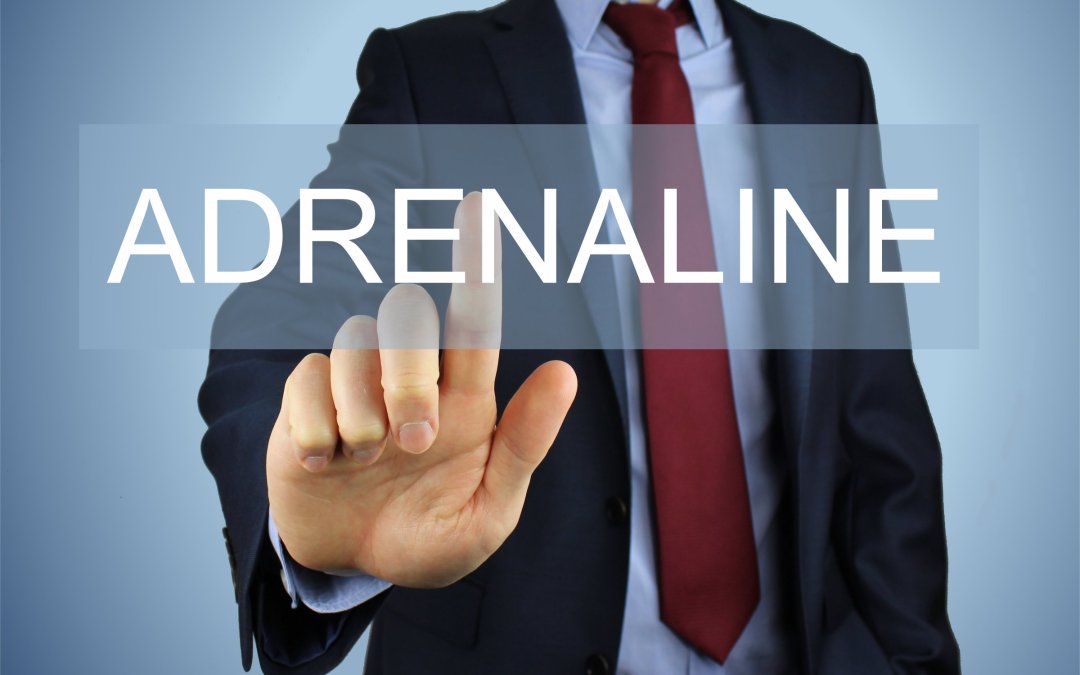
Stress from Political Unrest: What to Do When We Disagree
We live in a divided nation where it’s become increasingly difficult to disagree about how this nation is run. Half of us wear red, half blue and some in the middle don purple. Negative emotions and fierce partisan opinions run high. Too many ponder, “What calamity will befall the nation if our chosen candidate doesn’t win?” Saying, “Can we agree to disagree?” just doesn’t seem enough to extinguish the fires from raging arguments.
The stress explodes into a surge of adrenalin that impacts health, resulting in higher blood pressure and glucose. Risk for a heart attack, stroke, diabetes, cancer increase while immunity to fight infections is diminished.
However dangerous to health, conflict has been a part of the human condition from the very beginning. Cain rose up against his brother Abel and killed him (Genesis 4:8). Regarding politics, a PEW poll taken in February of 2024 found: 65% of US adults always or often felt exhausted by politics and 55% always or often felt angry. Only 10% said they were mostly hopeful.
Compounding the problem is that far too many people feel impotent to do anything about the troubling issues of the day. Interestingly, in the 2020 election only 60% of Americans voted. Lack of interest and being too busy was cited as the most common reason for not voting. Perhaps lack of understanding the issues may have contributed as well.
As US citizens we’re guaranteed the freedom to hold opposing points of view, no matter how unpopular. If those voices are allowed to be heard…then the best ones will rise to the top. But sharing those views respectfully is certainly the challenge of today.
The following article Here’s How to Respectfully Disagree may be helpful to foster a positive conversation and reduce anger while allowing both sides to be heard.
—Thank you for your input. I have never heard it that way.
—I can tell we both care about [insert value]. Thanks for sharing.
—Tell me more.
—I appreciate that you mentioned [insert point]. Would you be open to hearing my perspective?
—I would love to continue this conversation, but I want to ensure that I am respectful. Can we come back to it another day?
Further, Professors Sean McDowell and Tim Muehlhoff provide additional insight in their new book, End the Stalemate: Move Past Cancel Culture to Meaningful Conversations (2024):
—Ask questions and listen to seek understanding of the other’s point of view.
—Look for common ground.
—Remember the goal is not to win the argument because you might lose the war. The goal is to understand.
—If tensions rise, they suggest saying: I’ve enjoyed our conversation, but it feels like we’ve reached a stalemate. Thank you for our conversation.
—Pray for the person.
Finally, Dale Carnegie’s book How to Win Friends and Influence People (1981) provide great insight into looking at an issue or problem from the others point of view.
Hopefully these tips help. You tried them but the tension is building, and you were not allowed to share your perspective. If not…then end the conversation politely. The listener is simply too entrenched to be open to any other possibility. However, you did leave a positive impression on how best to handle conflict. As Jesus said, Blessed are the peacemakers, for they shall be called the sons (and daughters) of God (Matthew 5: 9).
Tips to Reduce Stress after Uncomfortable Conversations:
—If your anger is building…deescalate…change the topic or leave the situation.
—Deep breathe. Head to the nearest bathroom where no one can bother you and calm down.
—Get up and move. Go for a walk or go up and down stairs.
—Seek something that is calming and beautiful that you can see, hear, smell or touch.
—Distract yourself with a different activity.
—Phone a friend.
—Pray for wisdom and forgiveness and that the other person will see the truth.
—Avoid caffeine if you know you’re about to have a challenging conversation.
On A Personal Note:
Often the angriest people have been traumatized by a past event. Their anger is displaced onto anyone who opposes them. It’s not about you. Have compassion. Be patient, kind and forgiving. Pray for them.
Further, don’t sit out the elections. Our government representatives make decisions that impact us every day. Be a well-read supporter and get involved. You’ll feel greater empowerment and enjoy meeting other likeminded people. It will help reduce your election frustrations and stress. God is still in control no matter the outcome.
God bless you as you execute your right as a United States American citizen and vote this fall. May God bless our nation with the leaders that we need to heal our land. For whomever wins, it’s good to remember:
A gentle word turns away wrath (Proverbs 15:1).
and
Let every person be subject to the governing authorities. For there is no authority except from God, and those that exist have been instituted by God (Romans 13:1).
Add comment and link to share
Author of Wake UP Call 911: It’s Time to Reduce your Risk for A Heart Attack and Stroke (2015) and Helping the Hurting: Nursing Ministry in the Body of Christ (2022).
You may visit my website for additional information: jenniejohnsonrn.com
References:
“Stress Management,” American Heart Association. https://www.heart.org/en/healthy-living/healthy-lifestyle/stress-management.
Tom Infield, “Navigating the Challenges of the US Political Landscape,” Trust Magazine (February 2, 2024). https://www.pewtrusts.org/en/trust/archive/winter-2024/navigating-the-challenges-of-the-us-political-landscape.
“How Many Americans Voted in 2020?” (October 22, 2022), USA Facts. https://usafacts.org/articles/how-many-americans-voted-in-2020/.
Justin Jones-Fosu, “Here’s How to Respectfully Disagree,” Oprah Daily, (April 4, 2024). https://www.oprahdaily.com/life/a60465629/how-to-disagree-respectfully/.
S. McDowell & T. Muehlhoff, End the Stalemate: Move Past Cancel Culture to Meaningful Conversations (2024).
I’m a Christian nurse who helps people navigate the murky waters of healthcare.
All rights reserved 2023, Jennie E. Johnson, RN-BC, PhD
Paperback copies of both books for sale. Email me for details at: ask@jenniejohnsonrn.com.




Recent Comments